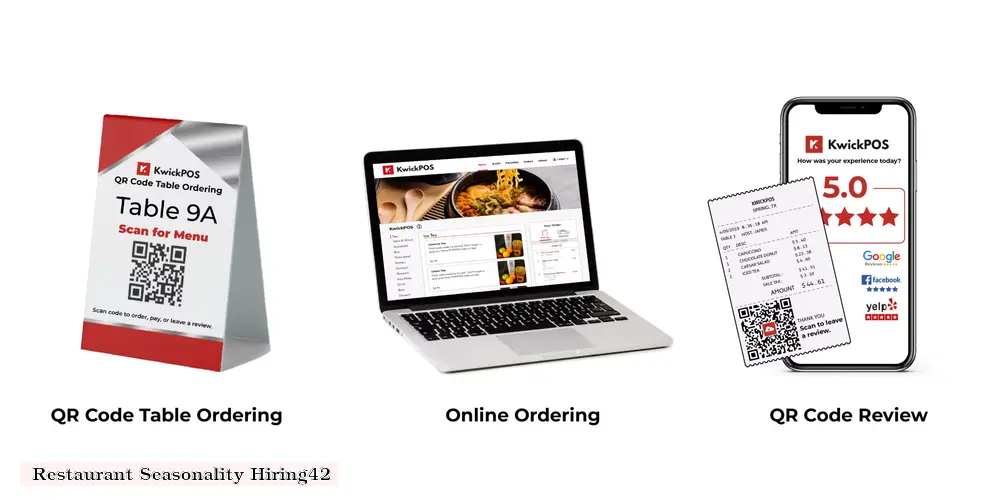

1. Understand your staffing needs: Before you start hiring, it's important to understand your staffing needs during peak and off-peak seasons. Analyze your sales data to determine when your busiest times of the year will be and how many staff members you'll need to cover those shifts.
2. Plan ahead: Don't wait until the last minute to start hiring for the upcoming season. Start recruiting and interviewing potential employees well in advance, so you have a solid team in place before the busy season starts.
3. Be flexible: Be prepared to adjust your staffing levels based on changing business conditions. If you notice that business is slower than expected, you may need to reduce staffing levels to avoid overstaffing and save on labor costs.
4. Hire students and stayers: Seasonal hiring can be a great opportunity to bring in students or stayers looking for temporary or seasonal work. Consider hiring college students, stay-at-home parents, or retirees who are looking for part-time or seasonal work.
5. Utilize social media: Utilize social media platforms such as Facebook and Instagram to promote any job openings. This allows you to reach a wider audience and find potential employees who are interested in seasonal work.
6. Offer competitive wages: To attract the best talent, it's important to offer competitive wages for the industry and location. This is especially important in a tight labor market where job seekers have more options.
7. Create a fair schedule: Make sure to create a fair schedule that takes into account employee availability, skills, and preferences. This will help ensure that your staff is well-rested and motivated during the busy season.
8. Develop a training plan: Develop a comprehensive training plan to ensure that all new hires are prepared for the busy season. This should include onboarding, training, and mentoring.
9. Foster a positive work environment: Creating a positive work environment is crucial for both seasonal and permanent staff. This can include team-building activities, employee recognition, and performance incentives.
10. Evaluate and improve: After the busy season has passed, take the time to evaluate how things went and where you can improve for the next season. This includes reviewing staff performance, analyzing sales data, and identifying areas where you can improve operations and staffing levels.
In conclusion, seasonal hiring in the restaurant industry requires careful planning, flexibility, and attention to detail. By understanding your staffing needs, planning ahead, offering competitive wages, and fostering a positive work environment, you can ensure that your restaurant is fully staffed and ready to handle the demands of the busy season. Remember to stay flexible, evaluate and improve your process regularly and provide your staff with the training and resources they need to succeed, and you'll be well on your way to a successful and profitable season.
DISCLAIMER: This information is provided for general informational purposes only, and publication does not constitute an endorsement. Kwick365 does not warrant the accuracy or completeness of any information, text, graphics, links, or other items contained within this content. Kwick365 does not guarantee you will achieve any specific results if you follow any advice herein. It may be advisable for you to consult with a professional such as a lawyer, accountant, or business advisor for advice specific to your situation.
today
Copyright © 2026 Kwick365.com
Designed by KwickPOS is the best restaurant POS